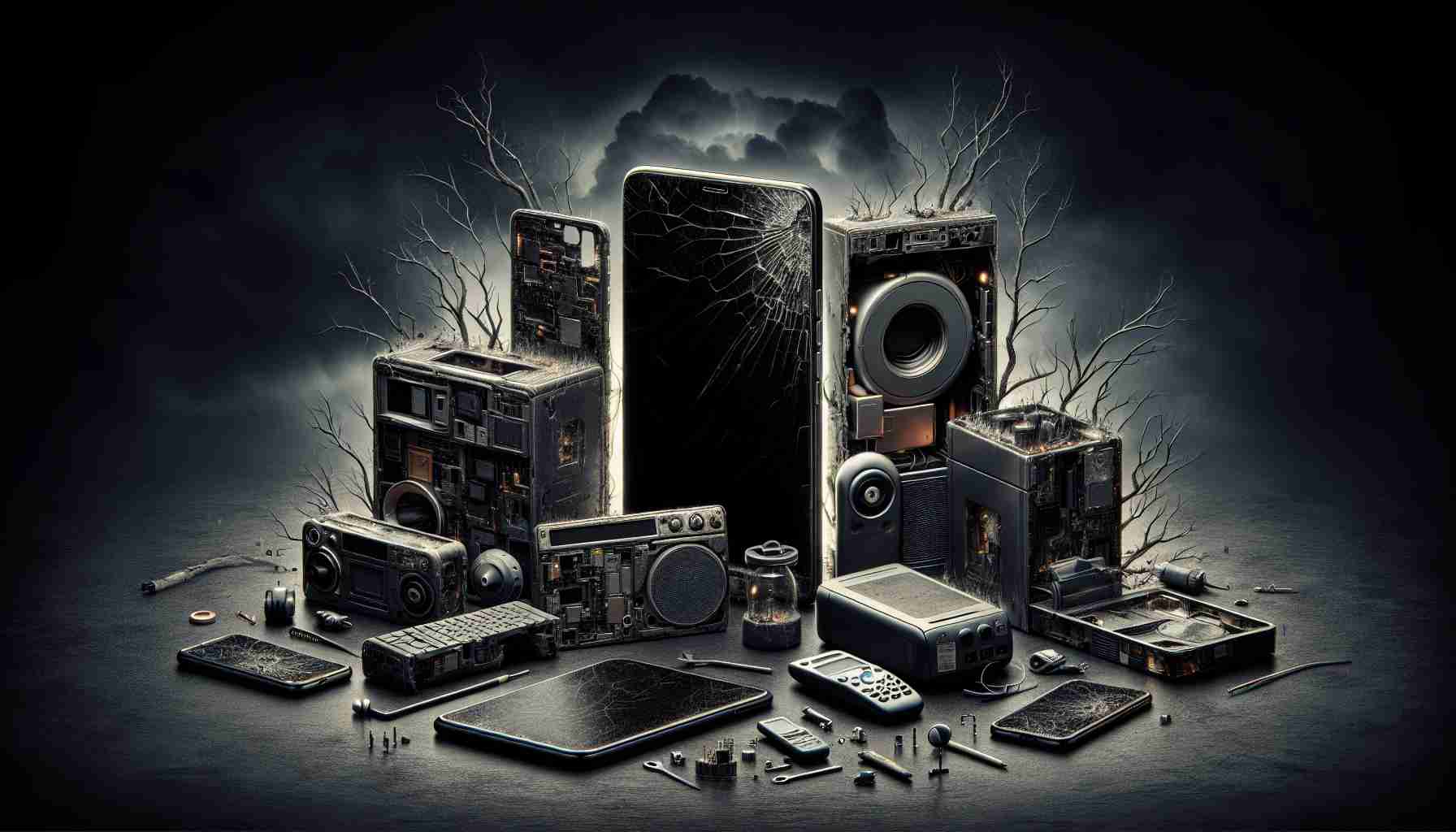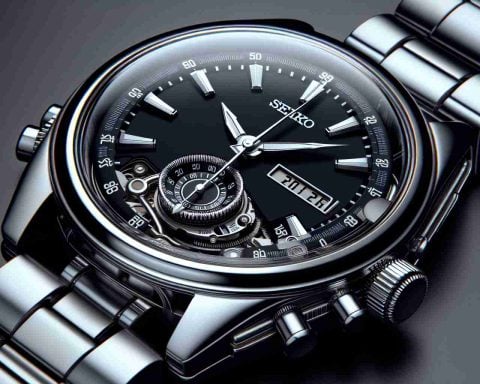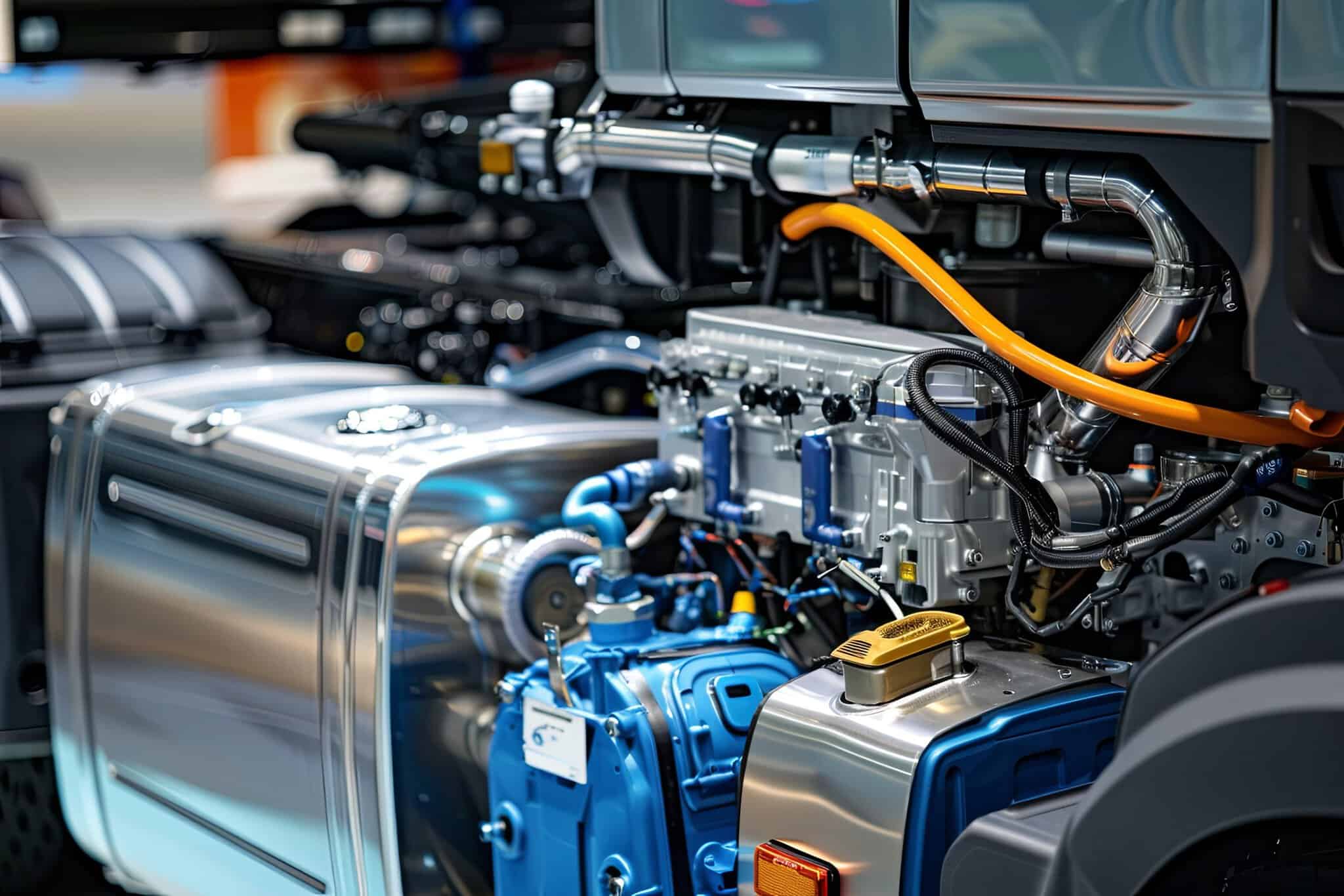In the world of consumer products, it’s not uncommon for our belongings to wear out over time. However, what if I told you that some companies intentionally design their items to break quickly in order to boost sales? This unethical strategy, known as “planned obsolescence,” has recently come to light in the case of a Swedish e-bike owner and their battery troubles.
According to a Redditor, the e-bike’s battery was only about a year old when it stopped accepting a charge. Curious about the sudden malfunction, the Redditor delved into research and stumbled upon the concept of planned obsolescence. They discovered that the processor in the battery was programmed to stop accepting a charge at exactly three years of age. However, with the help of a guide, they were able to reset the processor and revive the battery.
This revelation led the Redditor to share a Swedish news article that shed light on the Biltema battery processor issue. A local repair shop noticed a surge in similar cases when Biltema introduced a new battery model, but resetting the processor proved to be the solution in each instance.
The impact of planned obsolescence goes beyond the inconvenience of a malfunctioning battery. Customers are being deceived and forced to spend money on unnecessary replacements. Moreover, batteries are filled with chemicals that harm the environment. While batteries are still a greener alternative to gas and coal, their disposability and frequent replacement undermine their positive environmental impact.
To address the issue of discarded batteries, Biltema does offer a recycling program for their customers. However, a more effective solution would be for companies to abandon planned obsolescence altogether.
As consumers, we can play our part in combating e-waste by choosing to repair our electronics instead of discarding them. Professional repair shops can prolong the lifespan of our devices, and we can also seek out stores or recycling centers that accept e-waste. Some establishments even offer incentives, such as store credit, for recycling electronic products.
By shedding light on the dark side of planned obsolescence and taking steps to minimize e-waste, we can promote a more sustainable and ethical consumer culture. Let’s demand transparency and longevity in the products we purchase, ensuring that our belongings truly serve us to their fullest potential.
The issue of planned obsolescence is not unique to the e-bike industry. In fact, it is prevalent across various consumer product sectors. One industry that has been heavily criticized for this practice is the smartphone industry.
Smartphones have become an essential part of our lives, yet it is not uncommon for users to experience issues with their devices after just a couple of years. Many users have reported that their smartphones slow down or stop working entirely, prompting them to purchase a new device.
Market forecasts indicate that the smartphone industry will continue to grow rapidly in the coming years. However, concerns about planned obsolescence have led to calls for greater transparency and longer product lifecycles. Consumers are increasingly demanding smartphones that are built to last, with easily replaceable parts and longer software support.
Companies such as Fairphone have emerged as pioneers in the market by offering smartphones that are designed with sustainability in mind. Their devices are modular, meaning that components can be easily replaced or upgraded, reducing electronic waste.
Another key issue related to the industry is the environmental impact of smartphone production and disposal. The production of smartphones requires the extraction of rare earth minerals, which have significant environmental and social consequences. Additionally, the disposal of smartphones contributes to electronic waste, which is a growing concern worldwide.
To combat these issues, some companies have implemented recycling programs for smartphones. For example, Apple has a trade-in program that encourages customers to recycle their old iPhones in exchange for a discount on a new device. This helps reduce electronic waste and encourages responsible disposal.
Social awareness of the impact of planned obsolescence and environmental concerns has led to the rise of the “right to repair” movement. This movement advocates for consumers’ rights to repair their own devices or have them repaired by third-party repair shops. It seeks to challenge the practices of companies that make it difficult or costly for consumers to repair their products.
By supporting the right to repair movement and choosing products that are built to last, consumers can contribute to a more sustainable and ethical consumer culture. Advocate for transparency in product design and support companies that prioritize longevity and environmental responsibility.
For more information on the issues surrounding planned obsolescence and the right to repair movement, you can visit iFixit’s Right to Repair page.
















